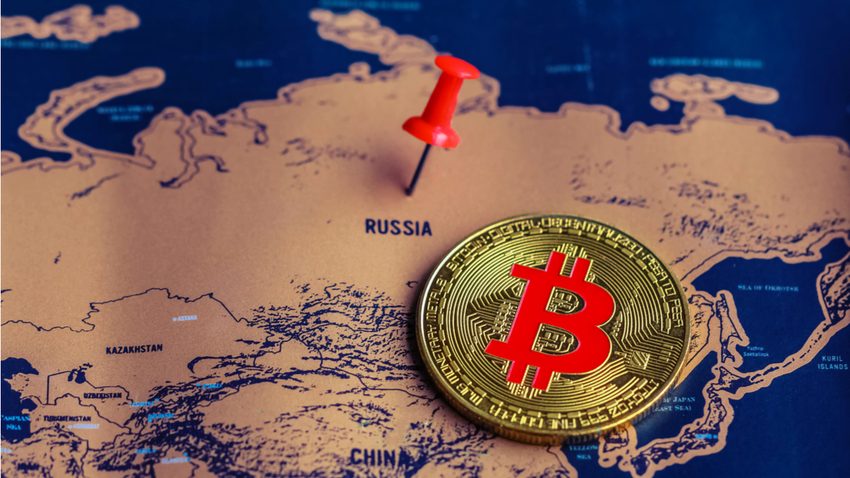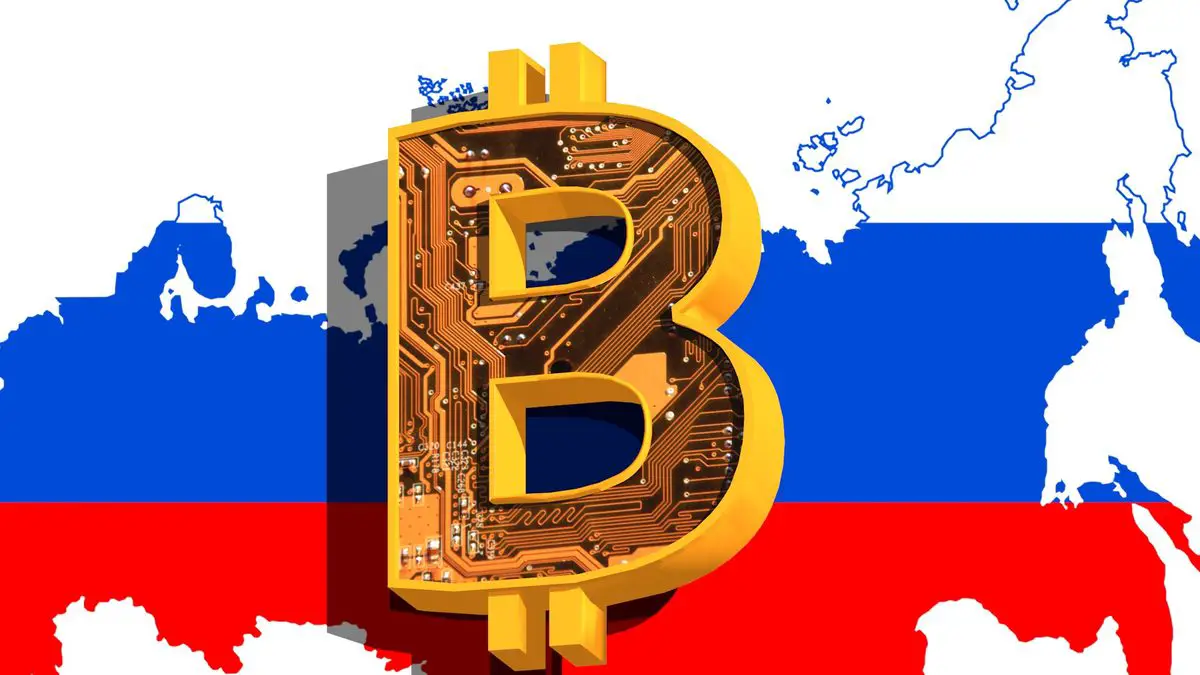The recent ban on cryptocurrency in Russia has drawn fire from a slew of notable figures, including Alexei Navalny’s chief of staff Leonid Volkov, and Telegram creator Pavel Durov.
The Russian Central Bank issued a report calling for a blanket prohibition on domestic crypto trading and mining. The risks of cryptocurrency are deemed to be “significantly greater” in emerging economies, including Russia, according to the document.
However, it appears that this proposed ban is not universally supported in the country. Pavel Durov, the Telegram creator, stated on Jan. 22 that the planned prohibition of cryptocurrency would “destroy a number of sectors of the high-tech economy.” He continued:
“Such a ban will inevitably slow down the development of blockchain technologies in general. These technologies improve the efficiency and safety of many human activities, from finance to the arts.”

Durov acknowledged that “any financial authority has a natural desire to regulate the circulation of cryptocurrencies,” but he added that “such a prohibition will fail to stop dishonest players, but it will put an end to legal Russian initiatives in this field.”
Russian crypto executives: “Banning crypto is impossible”
On Jan 20. Volkov, who is Alexei Navalny’s chief of staff, stated that the ban would be equivalent to “calling a spade a spade.”
Navalny is a prominent opposition figure in Russia and the founder of The Anti-Corruption Foundation (FBK). In August 2020, he was poisoned with Novichok, a nerve agent. He recovered in Germany and returned to Russia in January 2021, where he has been imprisoned since.
In his announcement, Volkov mentioned a Jan. 20 Bloomberg story, which stated that Russia’s Federal Security Service (FSB) was responsible for the ban because crypto may be used to finance “non-systemic opposition and extremist organizations.”
“Regardless,” he continued, “I’m certain that the Bloomberg version, in this case, is fully real; nevertheless nothing will happen because Russians are more likely to use crypto to purchase drugs than give it to the Moscow-based non-profit FBK.
“Technically, banning cryptocurrency is the same as banning person-to-person transfers (i.e. it’s impossible)… Yes, they can make it very difficult to deposit funds on crypto exchanges, which means that intermediary services will simply appear that will do this through foreign jurisdictions. Yes, transaction costs will rise. Well, that’s all, I guess.”

Many of Russia’s neighbors have taken a harsh approach to cryptocurrencies. On Jan. 19, the citizens of Georgia were required to make an oath promising not to mine cryptocurrency. The governments of Kosovo and Kazakhstan have now been added to the growing list of nations that have banned crypto mining.
Ukraine, for example, passed a number of laws to help the country embrace cryptocurrencies in September 2021.





